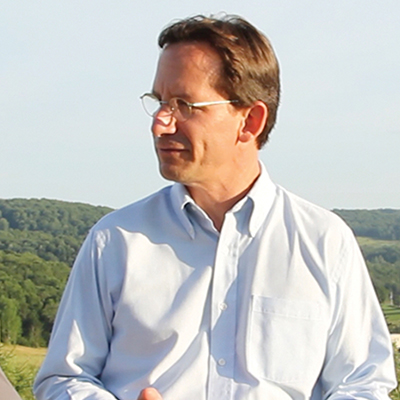
Congress passed its spending bill. Here’s how the environment fared.
It’s exceedingly rare these days that Congress gives environmentalists something to celebrate. But I’m happy to report that the spending bill passed last week deserves our mild applause
It’s exceedingly rare these days that Congress gives environmentalists something to celebrate. But I’m happy to report that the spending bill passed last week deserves our mild applause
While the bill is far from perfect, the final provisions delivered good news on a few fronts, including:
- The EPA: President Trump proposed deep cuts to the EPA’s budget. Congress decided to increase the EPA’s budget by $760 million. Perhaps they heard the voices of our staff, members and supporters who sounded the alarm about the impact of the president’s proposed cuts on local waterways.
- The Clean Water Rule: A provision in earlier versions of the bill would have given EPA Administrator Scott Pruitt a big green light to repeal the Clean Water Rule, which ensures protection for the nation’s streams and wetlands. That provision was dropped from the final bill.
- The Tongass National Forest: The final bill also omitted a provision that would have allowed logging and road-building in Alaska’s incredible Tongass National Forest. Such a provision would have exempted the forest from the Roadless Area Conservation Rule, which bars road-building associated with logging, mining and drilling from nearly 60 million acres of national forest. More than 17 years ago, Environment America staff and members helped persuade President Clinton to sign off on the Roadless Rule, and we’re glad it’s still protecting the Tongass.
There’s more good news in the bill, including more funding for clean energy research, Superfund cleanup efforts, and addressing lead in drinking water. There’s a $270 million increase for the National Park Service and a $25 million increase for the Land and Water Conservation Fund.
Will these modest victories sweep us into the greener, healthier, wilder future we want to live in? Not so much. But the best many had hoped from this Congress was an ecological version of the Hippocratic Oath: First, do no harm to the planet. We’d chalk up last week’s small progress as a minor miracle—except we know how many people wrote, emailed, called or spoke to their representatives about the issues.
There’s nothing miraculous about the formula for positive environmental action. If enough of us stand up for the places we love, the air we breathe, the water we drink, and the planet that makes it all possible, even this Congress will hear us.
Authors
John Rumpler
Clean Water Director and Senior Attorney, Environment America
John directs Environment America's efforts to protect our rivers, lakes, streams and drinking water. John’s areas of expertise include lead and other toxic threats to drinking water, factory farms and agribusiness pollution, algal blooms, fracking and the federal Clean Water Act. He previously worked as a staff attorney for Alternatives for Community & Environment and Tobacco Control Resource Center. John lives in Brookline, Mass., with his family, where he enjoys cooking, running, playing tennis, chess and building sandcastles on the beach.


